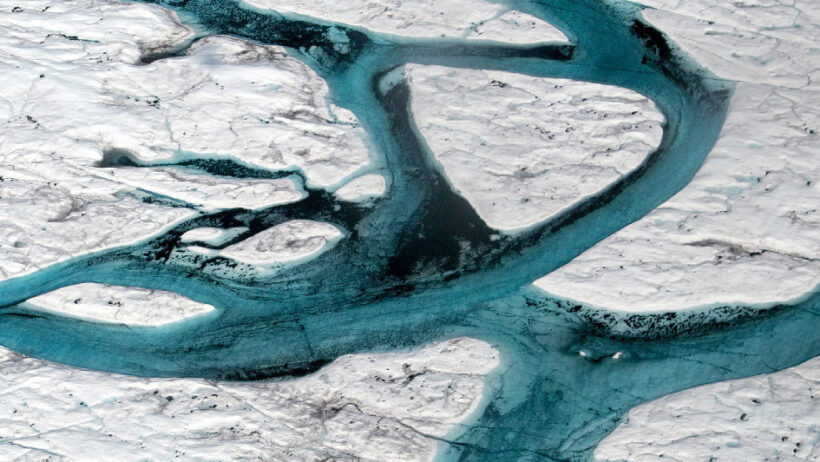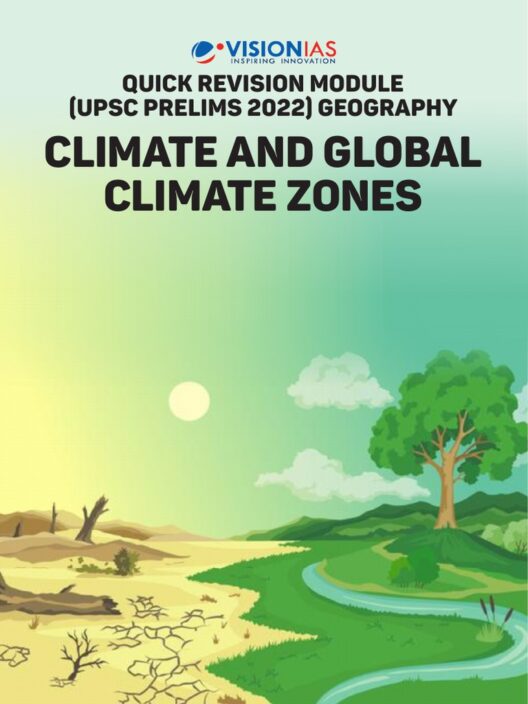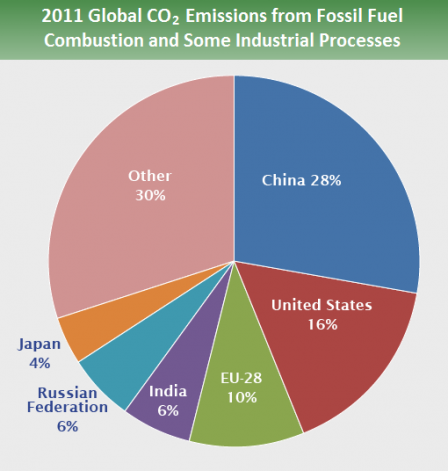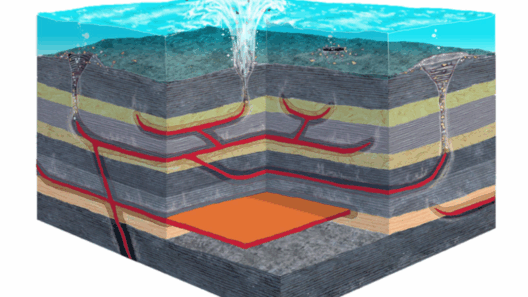The oceans, covering more than 70% of the Earth’s surface, serve as a formidable buffer against the relentless onslaught of climate change. Acting as the planet’s thermal reservoir, oceans play a critical role in moderating global temperatures, thus helping to curtail the impacts of global warming. Yet, despite their significance, the mechanisms through which oceans mitigate climate change often remain obscured. This exploration of oceans as nature’s hidden climate ally promises to illuminate the myriad ways they contribute to slowing down global warming.
Heat Absorption and Distribution
The primary function of oceans in the climate system involves the absorption of excess heat generated by greenhouse gas emissions. In a world where the concentration of carbon dioxide and other greenhouse gases are reaching alarming levels, oceans act as an immense heat sink. Scientific studies indicate that over 90% of the excess heat produced due to anthropogenic activities is sequestered by the oceans. This thermal uptake is critical; by stabilizing the climate, it allows ecosystems and human communities time to adapt.
Oceans do not merely store heat; their currents facilitate the global redistribution of thermal energy. Through complex oceanic currents, warmth generated at the equator is transported to polar regions, thereby maintaining a delicate balance. This circulation, governed by processes like thermohaline circulation, is vital for regional climates. For instance, the Gulf Stream, part of the Atlantic Meridional Overturning Circulation, mitigates winter temperatures in Europe, transforming frigid air into a more temperate climate.
Carbon Sequestration
Beyond thermal absorption, oceans are instrumental in carbon sequestration. Marine organisms, especially phytoplankton, play a crucial role in this process. Through photosynthesis, these microscopic plants absorb carbon dioxide from the atmosphere, converting it into organic matter. When phytoplankton die, their remains sink to the ocean floor, effectively sequestering carbon for long periods. This biogeochemical cycling results in significant reductions of atmospheric CO2 levels.
The ocean’s biological pump further enhances this process. As organic matter decomposes in deep waters, it releases nutrients and fosters the growth of more phytoplankton, continuing the cycle of carbon absorption. Recent advancements in scientific understanding have illuminated new pathways by which oceans can enhance this natural process. For example, initiatives aimed at restoring coastal ecosystems like mangroves and seagrasses—which are known to be effective carbon sinks—highlight the potential for increasing carbon sequestration capabilities.
Impact on Weather Patterns
Oceans also exert a considerable influence on global weather patterns and climate stability. The interactions between ocean temperatures and atmospheric conditions are critical in shaping weather events such as hurricanes, droughts, and monsoons. For instance, warmer ocean waters can lead to more potent hurricanes, altering rainfall trajectories and exacerbating the extremes of weather-related phenomena.
Moreover, phenomena such as El Niño and La Niña demonstrate the ocean’s capacity to modulate climate variability. These oscillations affect global weather patterns, influencing agricultural productivity and freshwater availability in various regions. Recognizing these interactions allows scientists and policymakers to better anticipate climate-related impacts, fostering adaptation strategies to mitigate damage to vulnerable communities.
Ocean Acidification: A Double-Edged Sword
While oceans can slow down climate change, they also face immense challenges that jeopardize their protective role. Ocean acidification, a direct consequence of elevated atmospheric CO2 levels, is one such concern. As oceans absorb CO2, the pH of seawater decreases, leading to adverse effects on marine life, particularly organisms with calcium carbonate shells, such as corals and shellfish. As these ecosystems crumble, a critical source of biodiversity and carbon sequestration may diminish, undermining the oceans’ ability to mitigate climate change.
Efforts to combat ocean acidification involve reducing carbon emissions and enhancing the resilience of marine ecosystems. Marine protected areas and sustainable fishing practices can bolster biodiversity, enhancing the ocean’s capacity to absorb carbon. Through ecosystem restoration initiatives, such as coral reef rehabilitation, we can further strengthen these natural defenses against climate fluctuations.
The Role of Marine Technology
Technological innovations stand as a beacon of hope in enhancing the oceans’ contributions to climate mitigation. Advanced monitoring systems equipped with remote sensing and artificial intelligence provide invaluable data on ocean temperatures, currents, and ecosystem health. These tools facilitate a better understanding of how oceans respond to climate fluctuations and pave the way for informed policy decisions.
Moreover, innovations in renewable energy sourced from oceans, such as tidal and wave energy, offer pathways to reduce reliance on fossil fuels, thus diminishing carbon emissions. As countries pivot towards sustainable energy solutions, harnessing the power of oceans presents dual benefits—addressing energy needs while simultaneously bolstering climate resilience.
A Call to Action
As environmental advocates, it is imperative to recognize and amplify the oceans’ role as a climate ally. Protecting marine ecosystems is not merely a noble endeavor; it is a necessary strategy for combating global warming. The time to act is now. By fostering a deep appreciation for oceans’ multifaceted contributions to our climate system, we cultivate a more informed public, ready to support policies that prioritize conservation and sustainability.
In understanding that oceans are both a sanctuary and a safeguard against climate change, we become equipped with the knowledge needed to champion their preservation. The journey of climate action is intertwined with the health of our oceans, highlighting the urgency to embrace this natural ally in the fight against global warming.








